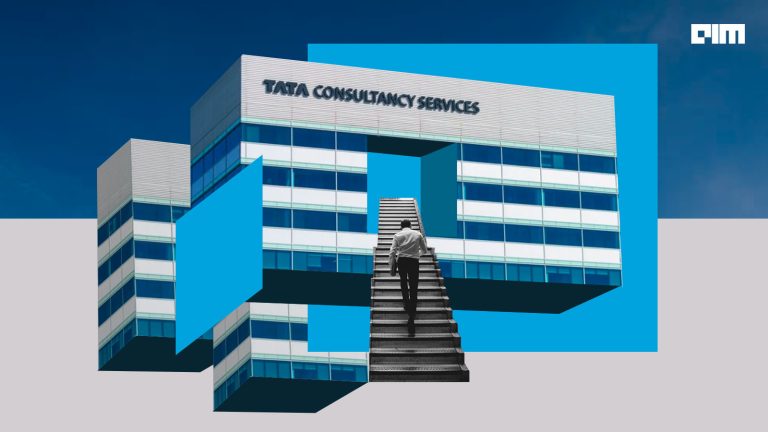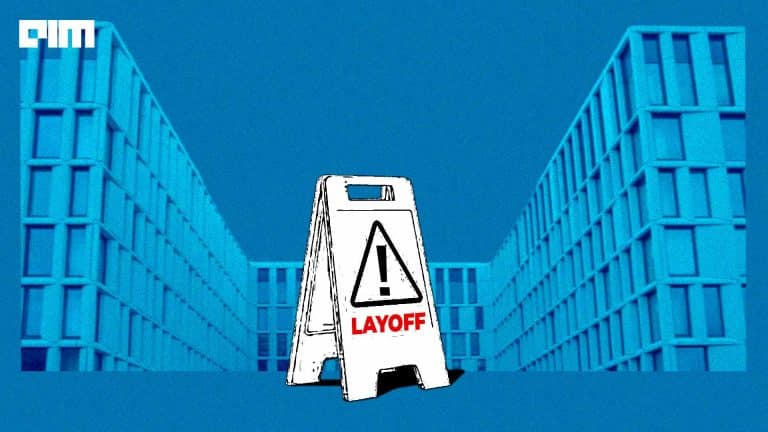The Indian IT sector has hit the pause button on hiring. Many wonder what these giants are looking for in candidates. Last month, TCS was struggling to hire for 80,000 job openings citing skill gap as the reason. However, the ground reality may be a little different.
A Reddit user shot point-blank, “Is it due to a skill gap or they want to hire them for peanuts,” he asked in a discussion. The company is still looking for people for the roles of Ninja, Digital, and Prime. Interestingly, the Ninja category offers a package of INR 3.3 LPA for various roles, while the other two roles offer a range of INR 9-11.5 LPA.
The same is true for Wipro. The IT giant recently announced that it is now rolling out 30,000 offer letters for freshers from 2022 with a compensation of INR 3.5 LPA, and other CGPA requirements.
Meanwhile, Infosys and HCLTech have completely stopped hiring freshers since last year and around 10,000 graduates are in limbo because of delayed onboarding.
The truth is that it is extremely difficult to find good, or even decent, software engineers with coding skills for such small compensation. The ones who have the skills are either already working for startups at a higher package, or have moved abroad for better opportunities.
Moreover, there is almost no hike at TCS. To put inflationary pressures into perspective, Jio and Airtel have hiked their prices by 25%, but TCS gave only around a 1% hike to its employees. “I thought at least a 30k hike would be given considering the inflation,” wrote a user on X.
According to another user, a person working at TCS for four years still gets INR 7 LPA, even with decent coding skills. Moreover, the package in 2012 for freshers at TCS was around INR 3.2 LPA. There has almost been no increase in the compensation offered to entry-level employees with the changing years.
Get What You Pay For, Get What You Work For
In January, TCS had announced that the company would shortly begin its process to hire freshers and chief HR officer Milind Lakkad said that freshers were extremely excited about the recruitment cycle. However, Lakkad did not specify how many freshers the company was planning to hire.
In October last year, TCS announced its plans to hire around 35,000-40,000 freshers in FY24, just as it does every year. At that time, TCS had around 10% of its employees on the bench. Moreover, the company is also partnering with NVIDIA and other cloud providers to improve the utilisation of its existing employees by upskilling them.
In the financial year ending in March, TCS’ combined headcount decreased as the company had over-hired during the pandemic. Moreover, several people are still on the bench as they have been offered letters, but are yet to be onboarded.
On the other hand, there is absolutely no doubt about the skill shortage in India. Some people argue that given the skillset of several graduates, an INR 3.4 LPA package is decent enough. “The juniors hired at 15 LPAs are spectacular garbage often,” another user on X chipped in.
Regardless of that, a package this low is not enough for an employee living in a Tier A city, where the company is located. Surprisingly, TCS earns billions in revenue each year, and paying such paltry salaries to its employees isn’t compelling enough.
No One Wants to Join Indian IT
It was October 2022. Indian IT firms Wipro, Infosys, and Tech Mahindra, having delayed the onboarding for months, were all revoking offer letters, affecting nearly 30,000 freshers.
Adding insult to injury, the “hired” freshers, who were waiting endlessly to receive their joining letters, were blamed for not meeting the qualification criteria for the job role.
Indian IT giants are not even trying to lure new joinees anymore.
The reluctance of recent graduates to pursue careers in Indian IT can be attributed to the prolonged stagnation of entry-level salaries, which have remained at INR 3.5-4 LPA for over a decade. High-paying product companies with compensation packages ranging from Rs 10-20 LPA have become more attractive.
To be fair to the companies, what’s also problematic is that many candidates are actually not technically skilled enough to demand such high salaries. “Most of them are from ordinary engineering colleges, and forget about being extraordinary, they are not even of decent ability (sic),” Ratnakar Sadasyula recently narrated the story of hiring people for jobs in India.
All in all, TCS claims that there is a skill shortage, which is partly true. Simultaneously, there is a wage issue at the company’s end, which it should accept and sort out sooner than later. If the company wants highly skilled software engineers, it needs to be ready to shell out enough.































